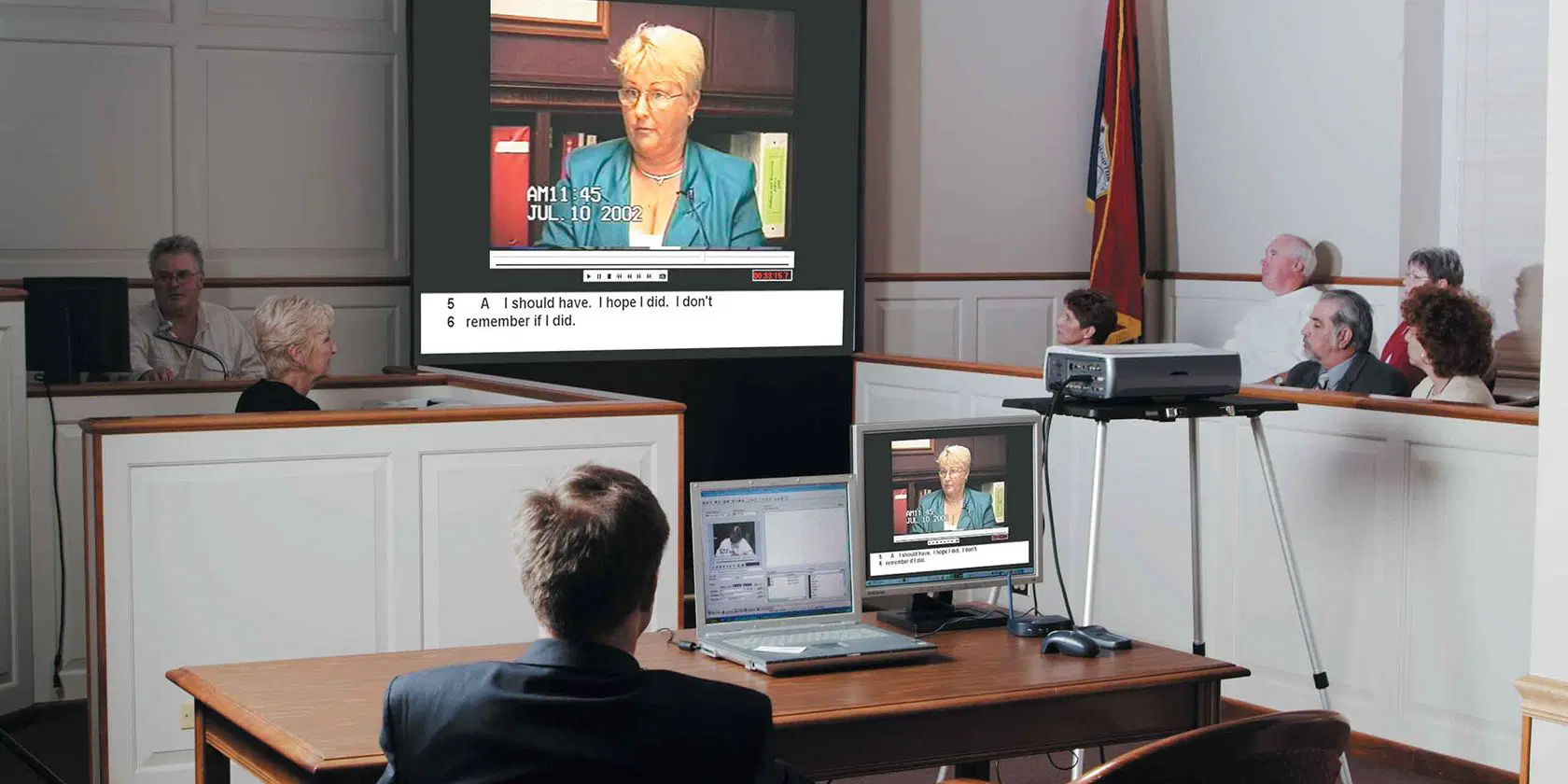Attorneys rely on powerful trial presentations to strengthen their cases.
Attorneys rely on powerful trial presentations to strengthen their cases.
Blog Article
Just How Test Presentations Enhance Your Argument and Encourage Jurors
Trial presentations serve as a crucial mechanism for enhancing legal disagreements and persuading jurors. The calculated usage of visuals not only makes clear complicated information however likewise captures jurors' focus more properly than words alone.

Relevance of Visual Help
Aesthetic aids play a vital duty in boosting the performance of test presentations, as they can substantially increase target market involvement and retention of information. In the context of a test, where jurors are tasked with handling complicated details, aesthetic aids serve to streamline and clear up essential factors. Charts, graphs, and pictures can share data and ideas that might otherwise bewilder or puzzle jurors, enabling an extra straightforward understanding of the evidence presented.
Furthermore, aesthetic aids assist in maintaining juror interest throughout the process. By damaging the uniformity of spoken statement, these devices can stress essential arguments, making them extra memorable. Efficient visual aids can likewise stimulate psychological responses, which can be crucial in encouraging jurors to align with the speaker's narrative.

Crafting Engaging Narratives
A compelling narrative is vital in trial presentations, as it acts as the backbone of effective persuasion. It enables lawyers to weave with each other truths, evidence, and psychological components into a meaningful story that reverberates with jurors. This narrative structure enables jurors to recognize the intricacies of the situation while directing them with the attorney's debate.
To craft a compelling narrative, attorneys should focus on quality and coherence. Furthermore, the use of vivid summaries can create mental photos that assist jurors imagine the events, making the story a lot more remarkable.
Furthermore, incorporating vital themes throughout the discussion reinforces the core message and help in retention - trial presentations. The narrative must not only share information yet additionally evoke a feeling of justice, highlighting the risks involved. Eventually, a sound story fosters a connection in between the jurors and the case, placing the lawyer's disagreement as both reputable and compelling, thus increasing the possibility of a favorable verdict

Involving the Court Mentally
Effective jury engagement rests on the attorney's ability to link with jurors on read more a psychological level. This connection can considerably impact jurors' understandings and their supreme decision-making. Using sob stories enables lawyers to humanize the situation, transforming abstract legal principles into relatable experiences. By providing real-life tales or reviews, lawyers can evoke compassion and concern, cultivating a deeper understanding of the problems at stake.
Aesthetic help, such as photos or video clips, can further enhance psychological interaction, giving jurors with brilliant representations of the situation's human aspects. Crafting a story that highlights the struggles and accomplishments of the individuals included guarantees that jurors see past the lawful arguments and recognize the human effects of their choices.
In addition, tone and body language play a critical function in sharing emotion. A lawyer's passionate distribution can resonate with jurors, strengthening their emotional financial investment in the situation. It's important to balance sob stories with accurate evidence, making sure that jurors feel compelled to act while continuing to be grounded in the fact. Inevitably, an emotionally engaged court is more most likely to be persuaded, making emotional link an important component of effective test presentations.
Structuring Your Presentation

The body of the presentation ought to be practically fractional into bottom lines, each sustained by compelling evidence. It is beneficial to utilize narration methods to weave realities into a story that jurors can conveniently comply with. Visual help, such as graphes and video clips, can improve comprehension and resource involvement, aiding to highlight important items of proof.
Real-World Study
Analyzing real-world case research studies provides very useful insights right into the art of trial discussions and persuasion. The site case of "O.J. Simpson v. The Individuals of California" highlights how visual help and compelling narratives can guide court perceptions. The defense group properly used a strategy that integrated top-level specialist statements with multimedia presentations, which astounded jurors and eventually influenced their choice.
An additional noteworthy example is the "McDonald's Coffee Instance," where the complainant's lawyers used visuals photos of the injuries sustained by Stella Liebeck. trial presentations. This raw aesthetic proof played a vital function in conveying the seriousness of her burns, causing a significant court honor. Such situations show that impactful trial discussions often pivot on the effective assimilation of visuals and storytelling to evoke psychological feedbacks from jurors
In addition, the "Casey Anthony Test" highlighted visit our website the relevance of narrative comprehensibility and reputation. The prosecution's failure to establish a compelling timeline lessened their convincing power, underscoring the requirement of a well-structured presentation. Examining these situations discloses that successful trial presentations need critical preparation, emotional engagement, and the capacity to reverberate with jurors' values and ideas.
Final Thought
Test presentations dramatically boost disagreements and convince jurors via the critical usage of aesthetic aids, compelling narratives, and psychological interaction. A well-structured discussion balances emotional allures with accurate evidence, inevitably reverberating with jurors' values.
Report this page